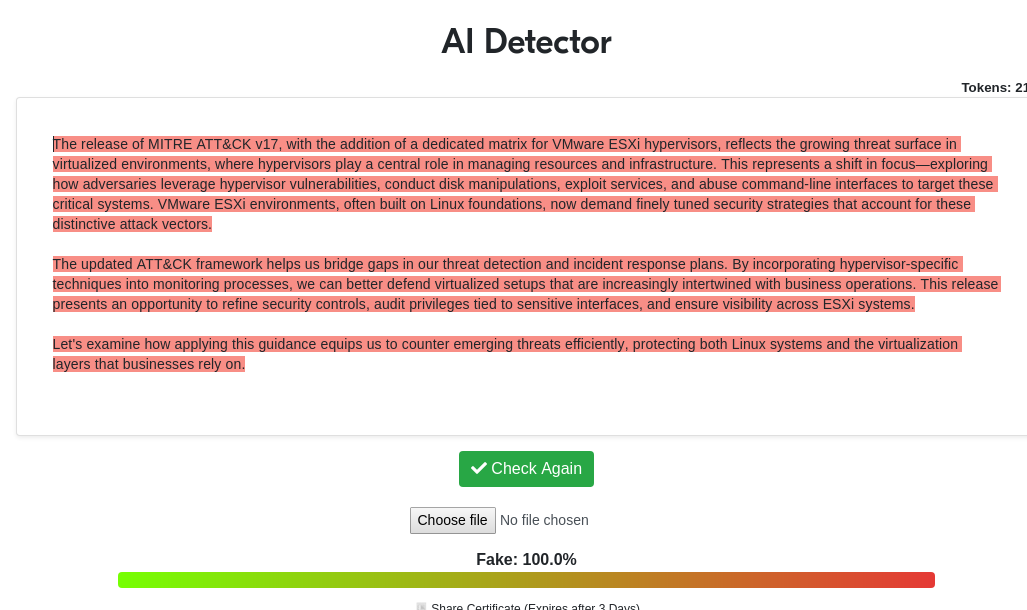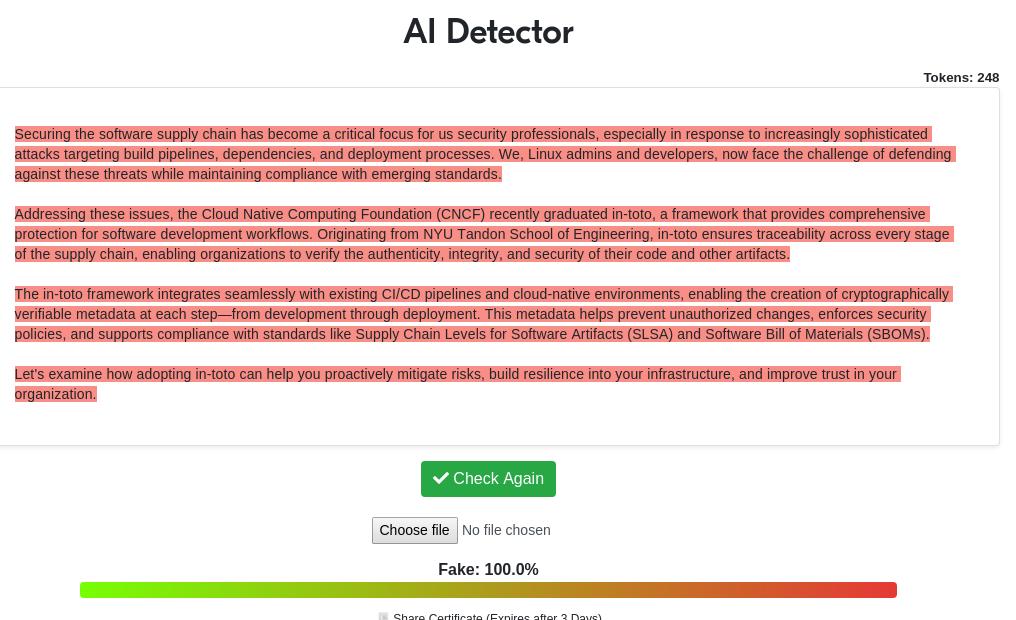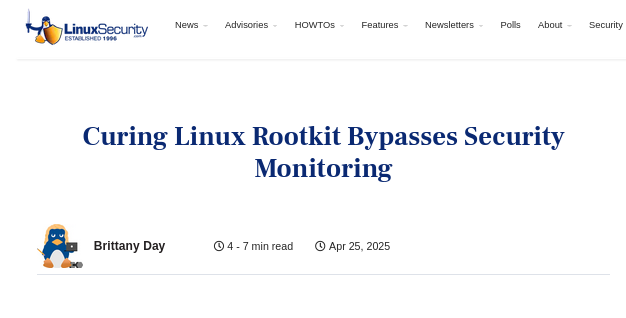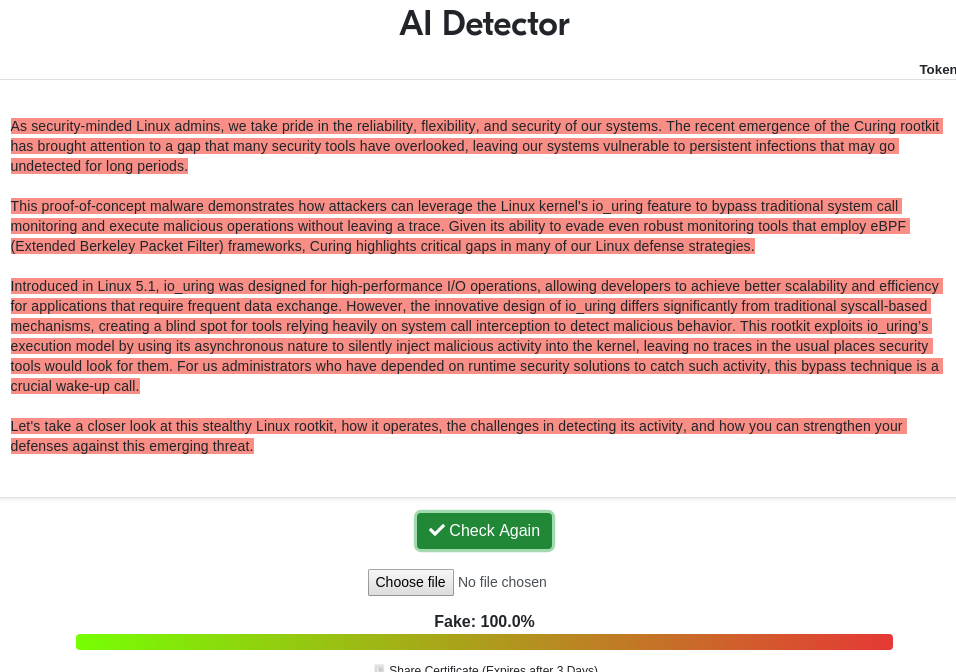More Copyright Lawsuits Against LLM Slop Providers and Suppliers of LLM Slopfarms Would Benefit Society
It's not just bad for the Web and for society; it's also legally dangerous
News available on or across the Web has become "slow" or "scarce", even more so for those who value originality or substance or quality or importance et cetera*. Finding some random domains with text in them, even via Google News (where pedigree matters no more), does not guarantee finding news. Many are slopfarms and we do our best to shun them**. We'd be worse off if we even linked to them. Those sites need to go offline.
Slopfarms themselves (in their own right) are really bad, but one lesser-discussed impact of them is that they lessen the incentive for real sites (that they usually rip off) to carry on. LLMs rip them off, displace them in search results, and even flood them whenever they feel like it (like DDoS attacks with parasitic requests at short intervals). Sometimes the originals die and the copycats or parasites persist. At each iteration we lose more and more accurate information.
Slopfarms are not possible to make (or 'build' if they're even worthy of such a term) without suppliers or "SLOP SERVICES". So we hope that LLM scrapers and slop services will go under. It's not like they make any money or have prospects of ever making money. It is a giant bubble. "Open" "hey hi" (AI, except it's not) projects or foresees a debt of about 30 billion in a few years. It's basically insolvent on paper, if not for the hype (like expressing interesting in taking over "Chrome" even if it lacks the money or approval - judges would not approve passing Chrome to a Microsoft proxy; it's all about interjecting oneself into headlines and thereby seem very rich, even if you're - or your company is - very poor, even indebted).
"Open" "hey hi" is basically good at lying and manipulating (or bribing) the media into repeating its lies [1, 2], marketing stunts etc. Storytelling is OK, but fact-checking is still imperative.
"Open" "hey hi" rejects the very notion of fact-checking. Such a concept is antithetical to its very existence. It helps people bypass actual facts, compensating for the lies with nice grammar and smooth-talking paragraphs.
"Open" "hey hi" has just been sued again, since "intentionally and relentlessly [it] reproduced exact copies and created derivatives of Ziff Davis works", says India Times (a publisher that itself turned to slop [1, 2]). "Recent court decisions, such as a federal judge denying music publishers’ requests to block Anthropic from using copyrighted lyrics, highlight the unsettled nature of this legal frontier, says Digital Music News about the same lawsuit and Press Gazette, an apologist of slop [1, 2, 3], has just said that "Ziff Davis sues". We hope they'll win. All this LLM slop frenzy is driven by a cult looking to exploit lousy reasons for "smart" or "state-of-the-art" plagiarism. It's not just the plagiarism that's bad; it's also full of errors and it ruins decades if not centuries of intellectual endeavours.
Take Linux for instance. Let's consider the very latest examples that we can see online. Starting with this:
Is it slop? Yes, as usual:
Just bland, generic headlines followed by LLM 'spew' from chatbots:
And checking for slop again:
Here's the same site with slop about "Curing":
Of course it is fake:
The above are from one domain and only a couple of days.
As a reminder, Bruce Schneier cited LLM slop (as caught here; rebuttal to a Serial Slopper's slop), focusing not on actual back doors in Windows but something "Linux" and "Curing".
Real articles about "Curing":
-
Linux 'io_uring' security blindspot allows stealthy rootkit attacks [Ed: More slop, less substance?]
-
Linux io_uring PoC Rootkit Bypasses System Call-Based Threat Detection Tools [Ed: More slop images or lazy "journalism"]
-
The Curing Rootkit For Linux Leverages io_uring, But Not In A Terrifying Way
-
Linux has a major weakness: invisible rootkit abuses security systems’ blind spot
The above articles are obscured if not superseded (in the visibility sense) by LLM slop full of errors and therefore they may then - in due course - get cited by security professionals who don't know better what sites are slopfarms (imagine references that are just bot chaff - that's nearly as bad as imaginary ones). They may think of slight errors as innocent inaccuracies rather than LLM 'hallucinations' (lies, fabrications).
The LLM cult is staining science and facts. █
____________
* By 1:30pm I've finished all links for today, which is unusual, but nowadays articles that matter are hard to find. They either take ages to find or one will just give up a lot sooner and exhaust sources.
** In Git we keep a list of blacklisted spam domains.






